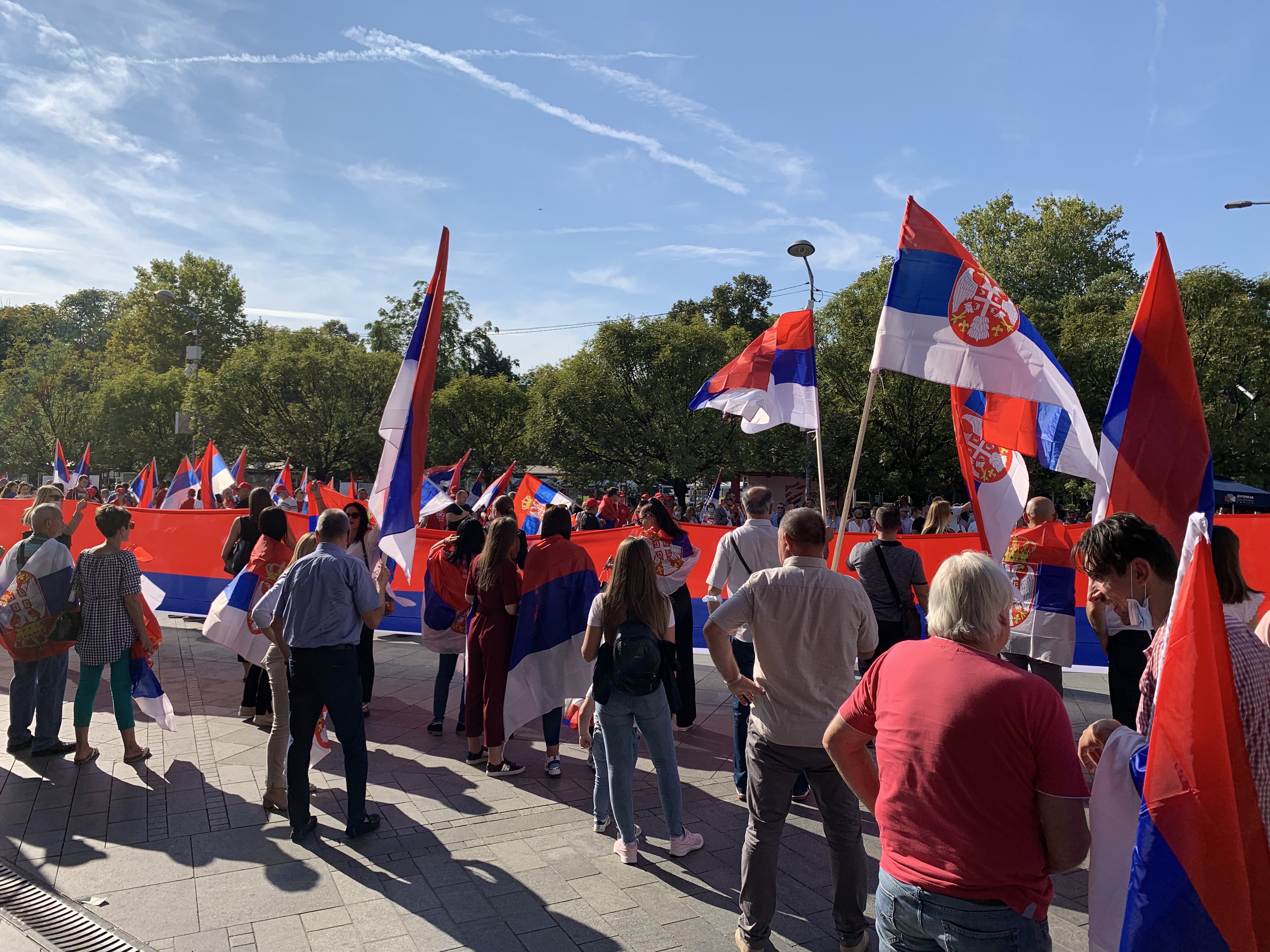“They‘ve Done It Before, They’ll Do It Again”: Interethnic Tensions and Support for Secession in Republika Srpska
Abstract
Why do individuals support secession even though they could be hurt economically by secession? Most approaches to secession point to the role of material benefits in motivating support for secession. However, these theories have limited explanatory power in contexts in which secession does not offer material benefits. Instead, I turn to the role of interethnic tensions and views of ethnic out-groups in support for secession. I contend that negative views of ethnic out-groups, particularly in post-conflict societies, can lead individuals to support secession as a way of eliminating potential threats posed by these out-groups. I will examine this theory by conducting a survey in Republika Srpska, the Serbian-majority region of Bosnia and Herzegovina with an active secessionist movement. Republika Srpska’s society has been marked by pervasive interethnic tensions in the aftermath of previous interethnic conflicts. The survey will measure individuals’ stances on secession, self-identity, views of out-groups, and experiences with interethnic violence. I expect that individuals who directly experienced violence during previous interethnic conflict will have the most negative views of ethnic out-groups and will be more likely to support secession. This research revolutionizes the study of secession by placing hatred and other emotions at the center of the analysis.
Field
Political Science
Team
Kevin Gatter

Kevin Gatter
Kevin Gatter is a PhD candidate in the Department of Political Science. His research examines the emergence of secessionist movements and popular support for secessionist initiatives.

